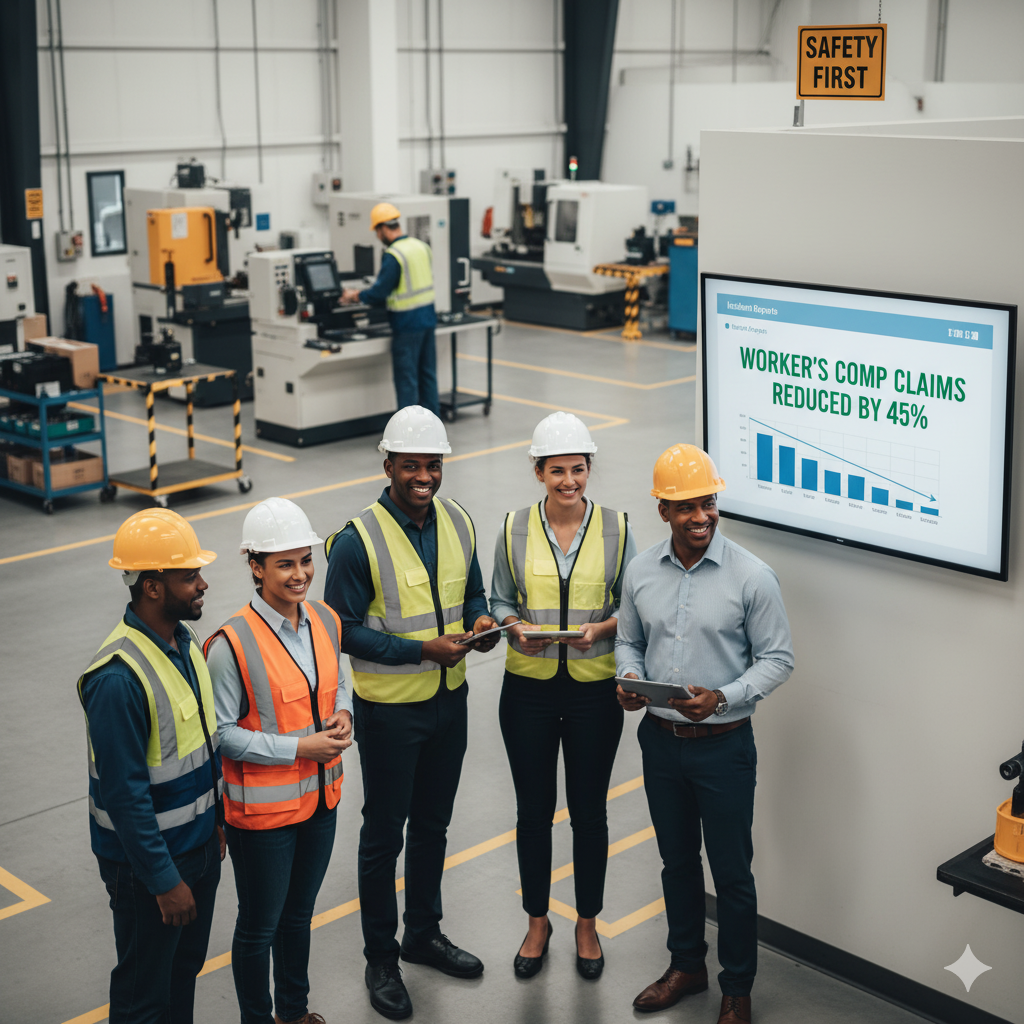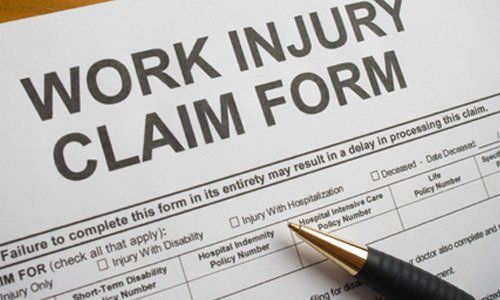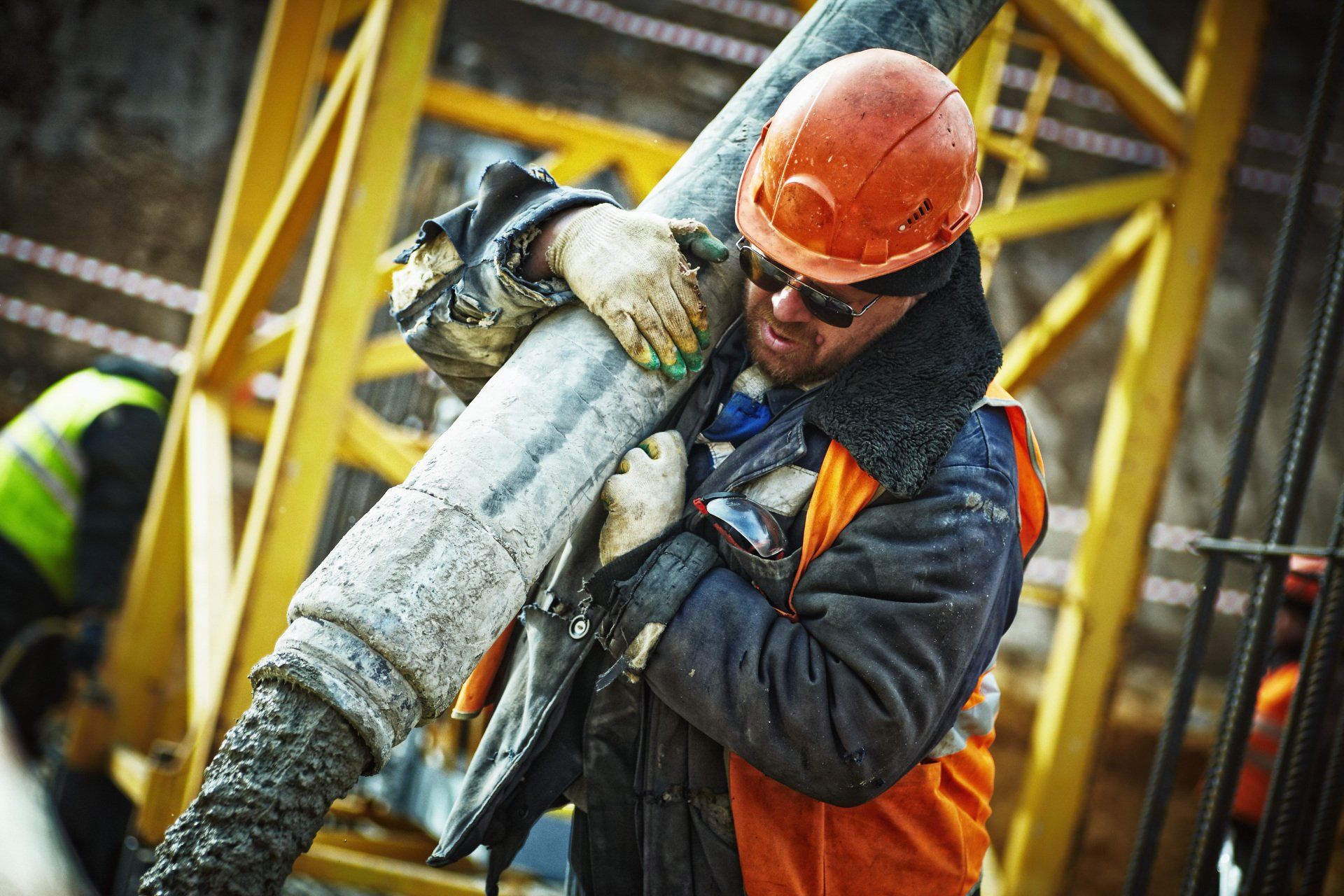Post-Employment Testing: Everything You Need to Know
Physical post-employment testing is not as intimidating as it sounds. In fact, it can be quite an easy process with the right resources and guidance.

Post-employment testing assesses the skills and abilities of potential employees after they get hired. When a job requires manual labor, physical testing is necessary to measure the abilities of the candidate and their capacity for the tasks required within that position.
To assess the physiological aspects of a candidate, an employer may need to conduct a physical test post-offer of employment. Physical testing assists in lowering the workers compensation injury rate by measuring the abilities of the candidate to prevent possible injury on the job. This type of testing plays a vital role in ensuring workplace safety. One can always run through the details of a test with Human Resources
as well as health and fitness professionals to make sure you’re conducting an ethical and thorough assessment of the employee.
Physical testing (also known as physical capacity testing) assesses the abilities of the candidate to find out if they have the flexibility and strength to complete the tasks required for the job. The assessment is often broken down into a few sections:
Flexibility Testing
The candidate needs to do a series of movements guided by the assessor to test their flexibility and range of motion. This may involve some resistance from the assessor as well.
Dynamic Balance
The challenges in this category assess the balance of the candidate. They are simple tests that the candidate may perform on their own with the assessor observing, such as walking upon the curb of a sidewalk.
Scenario Assessment
Before the full-strength testing is conducted, the candidate plays out scenarios designed to mimic those they will encounter on the job. This could entail climbing a ladder, navigating equipment, or lifting a heavy object.
Strength and Endurance
Finally, the assessor will test the candidate’s ability to perform physical tasks to measure their strength and endurance.
Assessing Injuries
A crucial aspect of physical capacity testing is assessing the abilities of the employee. They want to see how well they perform a task or how well they perform a fitness challenge. The data taken from this assessment addresses injury prevention. If the candidate performs well, then there is less of a risk that they will be injured whilst doing the work on the job.
Another vital part of this type of testing is the assessment of old injuries and how well the employee has recovered. This type of testing prevents strain upon the employee as they conduct their work. Injury assessment analyses how well the injury has healed as well as how much the employee can safely take on.
Strength Testing
Strength testing assesses the strength and endurance of a candidate to see if they are able to do the manual labor required for the position. It also tests how well they perform a task, which can be an indicator of the employee’s potential to the assessor. It provides insight into how long the candidate lasts performing these tasks, which also shows the extent of their stamina or endurance.
Strength testing is particularly useful now in the era of the pandemic, as some candidates may be in recovery from the effects of the virus. These effects can weaken the body and impact people in many physical ways. The strength and endurance assessment are great ways to determine how well the muscles have recovered after taking such a hit.
Medical Examinations
For certain tasks required on the job, simply testing the skills and abilities of the candidate is not enough. One has to do a medical examination to provide very specific data that will ascertain whether the candidate is capable of conducting certain tasks. In turn, this will secure workplace safety. Medical examinations are also conducted to assess the health of employees and ensures they're healthy.
Some of the tests an employee may encounter when going through medical examinations are eye or optical tests, hearing or audiology tests, respiratory system examinations, cardiovascular assessment. The available medical history will also be looked at, covering medications and the general health status of the candidate.
Physical capacity testing has many uses and specific types of assessment to observe the physiology of a candidate. It is important to understand what kind of testing is required for the work offered and to assess the candidate accordingly. Assessing employees improves the safety and integrity of the workplace. To learn more about The Physical Capacity Profile Testing System, visit our site.









